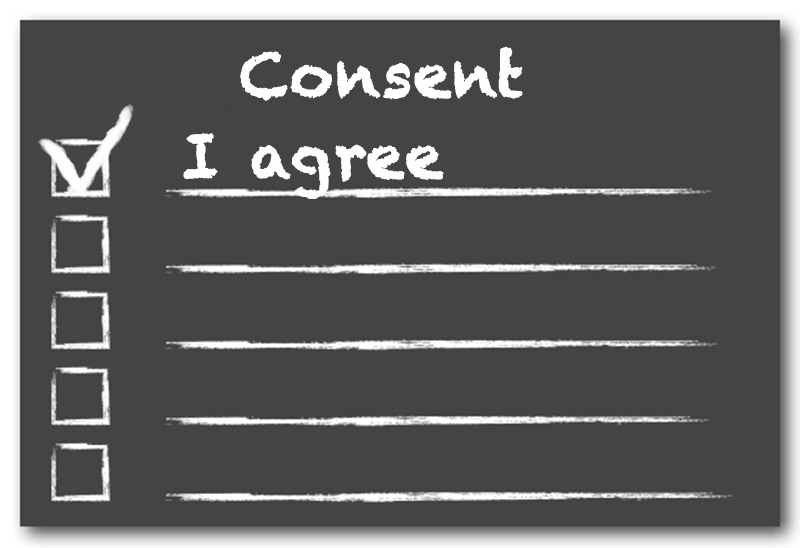GDPR consent messages and cookies appear on many websites on the Internet. Some sites even check a user's location to determine if they should show consent prompts, while others display them to anyone who enters the site.
It may have started with good intentions but it has turned the Internet into a great platform of consent, as users are bombarded with these guidelines too often.
Of course it is possible to refuse to give consent, it is not really productive to have to constantly do it in the various consent prompts. In fact, most websites use cookies to determine a user's response to a prompt, and if cookies are deleted or rejected altogether, prompts will appear at each new visit to the site.
The add-on for Firefox and Chromium-based browsers Never-Consent is designed to provide an automated solution to every program user browsing. He will refuse his consent GDPR on any website, provided that the website uses a supported consensus platform.
The latest version
supports several dozen consent platforms, such as the Cookie Law Info, CookieConsent, Quantcast, OneTrust, ConsentManager and Didomi plugins.
All you need to do is install the extension on a supported one program περιήγησης, π.χ. Firefox, Google Chrome ή Microsoft Edge (με βάση το Chromium). Η επέκταση λειτουργεί αυτόματα στο παρασκήνιο και θα αρνηθεί οποιαδήποτε προτροπή συναίνεσης του GDPR μόλις την αναγνωρίζει. Είναι ανοιχτού κώδικα, και μπορείτε να δείτε τον πηγαίο κώδικα στο GitHub.
Additional platforms for the appearance of the GDPR already exist in the todo list of the project with customized GDPR proposals that do not use any of the widely used platforms.
The extension has no settings and works immediately after the installation.





